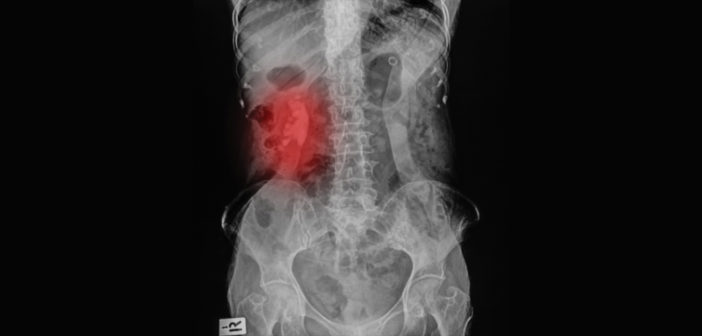Kidney stones are a significant quality of life issue and financial burden on the population of the United States, leading to lost days of work and many hours of misery spent in the emergency room or inpatient ward, waiting for the stone to be passed out of the body. The pain caused by a kidney stone has been described as “a knife in the back” and likened by men to childbirth. Complicated stones are a significant cause of sepsis and can even lead to multi-organ failure if the infection is not treated properly and the obstruction caused by the stone is not relieved in a timely manner. The management of kidney stones is ideally done jointly by urology and nephrology. The urology consultant primarily does the surgical interventions needed to remove the stone and the nephrologist can follow up with the patient annually or semi-annually for medical management, which is a science in itself for reducing new stone formation.
If you type in “stone belt USA” into a Google search, the patho-physiology of stone formation is revealed. It is a disease of warmer climates and dehydration of the body allows for more stone formation. A diet high in animal protein causes uric acid levels in the body to rise and this can lead to formation of kidney stones. Citrate from lemon can prevent stone formation and hydration with lots of fluids helps dilute the chemistry of urine, which also reduces stone formation. Tea has a lot of oxalic acid and epidemiologic studies of the southeastern United States have shown a statistically relevant association between excessive tea consumption and kidney stone formation.
Kidney stones are a significant quality of life issue
and financial burden on the population of the United States.
The burden of kidney and ureter stones was quantified by several large studies in the United States conducted by the National Health and Nutritional Exam Survey in 1994, and then again in 2010. It revealed that the prevalence of kidney stones had increased from one in 20 persons in 1994, to one in 11 persons in 2010. There was also a strong statistical association with obesity and diabetes mellitus. All in all, with newer data indicating that uric acid (a compound strongly associated with kidney stones) and a high-meat diet being more and more associated with a higher risk of heart attack and stroke, this area is evolving into a very challenging and potentially rewarding field of preventative medicine.
Elegant research done in Southwestern University in Dallas has shown that daily hydration with citrated fluids can go a long way in ameliorating the risk of new kidney stone formation. I will end by saying that an ounce of prevention is worth a pound of cure, and it is definitely worth working jointly with your urologist and nephrologist to limit this preventable illness.
A balanced lifestyle that includes a diet rich in fruits and vegetables, good hydration, daily exercise and weight loss is the answer to a long and healthy life. It is, hence, no surprise that this is also the long-term answer to limiting the burden of kidney stones all over the world.








